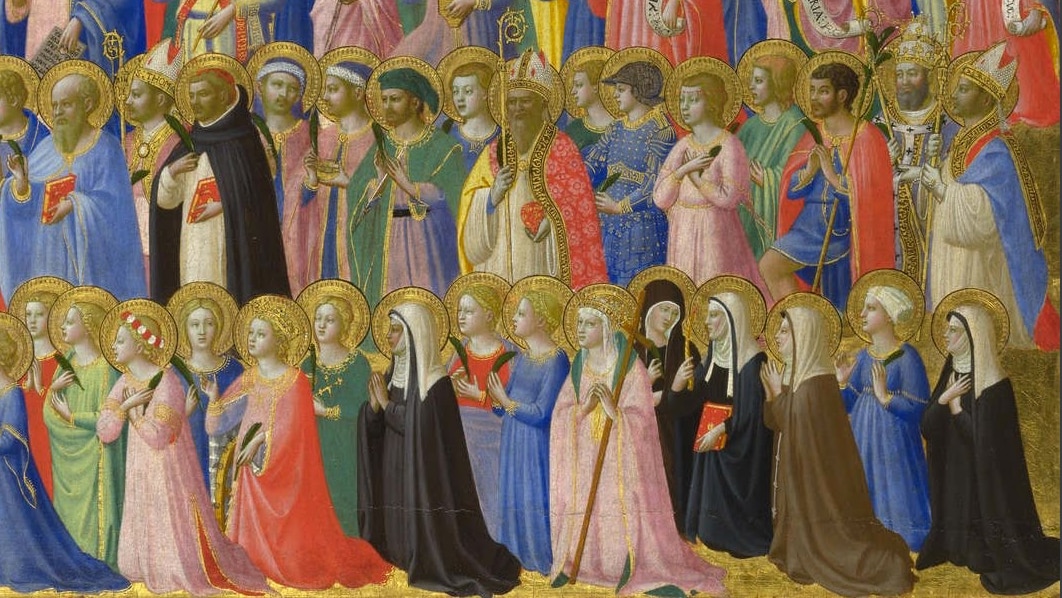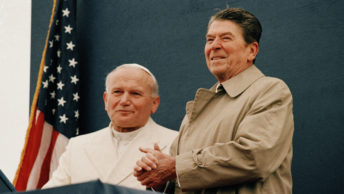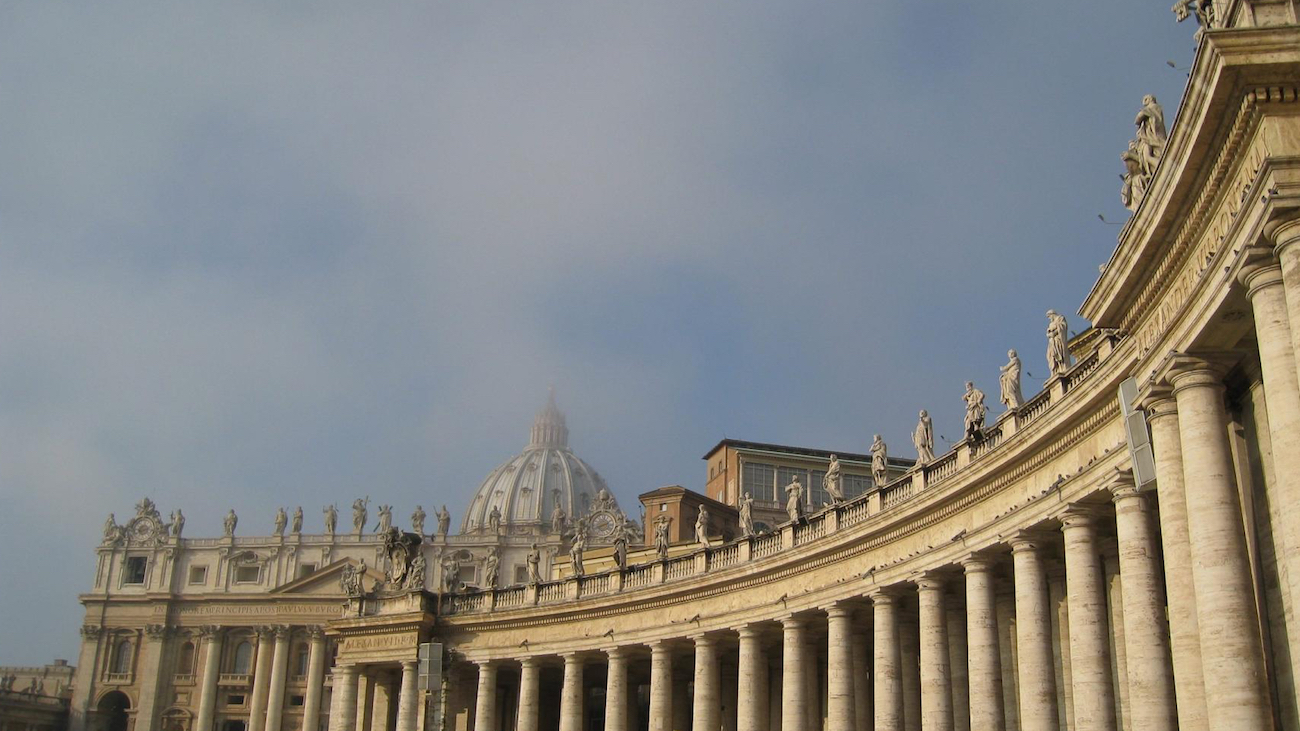“For freedom Christ set us free; so stand firm and do not submit again to the yoke of slavery.” (Gal. 5:1)
St. Paul writes to us of a type of freedom loftier than the one guaranteed us by the Constitution. It is the freedom for which Christ died and rose from the dead to give us so that we, believers, may not use this to freedom as an opportunity for the flesh. (Gal. 5: 13)
Alas, individualism, the haughty child of relativism, has been pushing the irrational impossibility that everyone is entitled to do as he/she pleases, as it is convenient to him/her independently of any set of laws, including natural law. Well, this is exactly a blatant abuse of the precious gift won for us by Christ and it provides an opportunity for the flesh. It is permissiveness, laissez-faire, abuse of freedom with total disregard for the rights of others. It is the rule of the flesh. And we see it rampant, with disastrous consequences, wherever the rule of law has been banished and substituted by godless ideologies.
Those who follow the rule of the flesh (to continue with St. Paul jargon) think that they are free. But they become victims of very cruel and very harsh forms of slavery. The disastrous consequences of these slaveries and the devastation they cause are a source of intense grief for those they enslave, their families, friends as well as, of course, for those hurt by their wrong choices. At times it is very hard to imagine the intensity of the frustration and grief of family and friends whenever the enslaved person refuses to be set free and turns down any help towards regaining genuine freedom.
The most common forms of slavery are well-known: alcoholism, drugs, overeating, tobacco addiction, compulsive gambling, melancholic inaction, pornography, and anything else on the Internet that keeps people from being who God calls them to be and from doing what they are supposed to do according to their state in life.
Yet there are also seemingly “mild” types of enslavement: the rush of excessive speed, reckless driving, needless risk taking, waste of time that should be spent wisely and responsibly and so on. Television, smartphones, tablets, computers, and other devises should be used for work, for enriching our mind and soul, for keeping in touch, for showing concern for others, for being informed about what goes on in the world, etc.
Becoming addicted to these devices can keep one in a dehumanizing cocoon that favors isolation, aloofness and immaturity of emotions. To these forms of slavery, we should add those that spring up undetected from the recesses of the heart wounded by original sin.
One could be the instinctive urge to leave a good impression on important people; it often feeds on falsehoods, make-believes and duplicity. Then, acting out of fear of what people might think or say about us. This insidious tendency would keep us from standing up for our convictions and Christian principles.
Another one is the desire to do too much individually rather than as team players. If left unchecked this form of slavery generates the illusion of being indispensable; that the world would not be able to function without us. At times, it also includes the need to control and manipulate the minds, hearts, and behavior of those who depend on us for whatever reason.
In stark contrast, the freedom for which Jesus set us free through his death and resurrection is the removal of everything which from without and, most significantly, from within, keeps us from loving as Jesus taught us.
This is the simplest and most accurate definition of Christian freedom!
“For the whole law is fulfilled in one statement, namely, ‘You shall love your neighbor as yourself.”’ (Galatians 5:14)
For the prophet Elisha (I Kings 19: 16-21) freedom required detachment from his farm, family and his former occupation.
We see in the Gospel of Luke (9: 51-62) how free Jesus was as he taught us what to do to love and to be loved. Jesus was determined to go to Jerusalem, fully aware of what that heroic decision entailed. He had placed his whole life, trustingly, in the hands of the Father so he could embrace even the horrific cross. His was the ultimate display of freedom.
For Samaritans trying to keep Jesus from exercising his freedom, freedom required to let go of innate racial divides and deep-seated hatred towards the Jews. For James and John freedom demanded that they shed a strict interpretation of justice so that they could allow God to be the God who sends the sun to shine on all his children and lets the rain fall on the good and bad alike. (Mt. 5: 45)
For potential disciples, freedom requires the humility of knowing one’s own limits that could be embarrassingly confining, or it might include acts of heroism and extraordinary courage. For us as well, freedom might require painful detachments and even acts of occasional heroism and courage. Hence, we ask the Holy Spirit to help us discover those chains and fetters that keep us from loving and from being loved as the Father desires.
The next step is the one that we ought to repeat as often as needed: whenever we feel apprehensive, restless, bitter or worried we should remind ourselves of how much we are loved by the Father, the Son and Holy Spirit. In fairness, we should feel embarrassed acknowledging that the uneasiness in our minds and hearts stems from believing that there must be something or someone stronger than the love, mercy and power that God has for us.
Throughout our days and nights, we regain our freedom by surrendering our entire being into the hands of the Father. Slowly, these repeated acts of surrender will convince us that nothing happening to us is happening outside of God’s plan because he is our Daddy and Jesus is our brother.
At that point freedom will enable us to love as we should and feel as loved as we already truly are.








